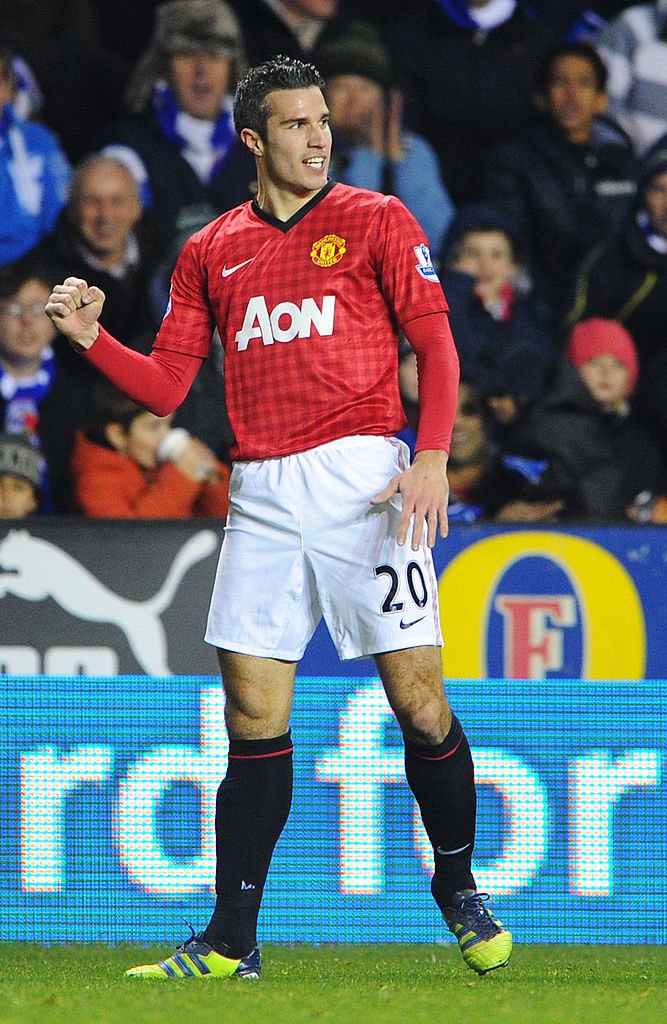
Running back is probably the most important position in fantasy soccer. A great running back will outscore even a mid-tier running back in fantasy football, so it's crucial to have a great running back in your fantasy football team. Running backs can be hard to find once the draft is over. A running back who is a good performer will get most of the carries.
Running back
Running back is the ideal position for fantasy football players looking to be consistent in scoring. They can receive more touches than receivers but they also have more rushing yards, touchdowns, and rushing yards. They are also less likely to get hurt than wideouts.
Running backs are often the highest-drafted positions. They are also the most valuable ball carriers. That's why most fantasy experts recommend drafting a star running back early in the draft. They'll have greater potential to produce than backups and will increase your team's score significantly. Some owners also draft tight receivers and tight end in the first round.
Wide receiver
The wide receiver position, which is the most important in fantasy football, is the wide receiver position. Running backs come in second place for total points, with wide receivers coming in third. Because their careers are more long-lasting than that of running backs, wide receivers make safer draft choices. They are a great choice for owners concerned about the production of their running backs. PPR leagues use the WR/WR strategy. Owners draft a top wide receiver later in the draft.

A wide receiver with high upside is a solid buy in any fantasy football league. The wideout position can be quite affordable, but there are some exceptions. A backup is a good idea if you're concerned about top receivers getting hurt. Although a WR2 can't offer the same benefits as a wide receiver starting in the league, he could still be a solid option in a deep league.
Tight end
The tight end is one of the most important positions in fantasy soccer, but it is also one of most overlooked. Running backs have greater variability in ROI than tight endings, so it is important to think about tight ends when drafting. If you want a tight end with a high upside but low risk, pick up a tight end like Travis Kelce, Zach Ertz, or Marvin Jones.
While tight ends might not be the most exciting position to draft from, they can help you gain the most positional advantages. Here are the top tight ends for 2020 and 2021 and a breakdown of their potential value in half-point PPR scoring leagues.
Kicker
The position of the kicker in fantasy football can earn you points. A field goal is worth 3 points. A field goal between 40 and 49 yards nets 4 points. A 50-yard kick earns 5 points. In addition, the kicker earns one additional point for an extra point. The kicker is one of the most important positions on a fantasy football team so it is important that you choose carefully.
To be considered a kicker, it is necessary to consistently produce 10 points each week. This is a fun metric and can be used if your goal is to win your fantasy football league.

Protective group
You have many options in the middle if your goal is to find value in your defensive group. These players are often overlooked during early drafts but should be considered when you create a deep fantasy team. If they're good options, you can play them on a week to week basis.
LBs make up the majority of defense's point producers. In fact, the LB position is considered the PPR WR of defense. Inside linebackers are much more valuable that pass-rushing outside linesbacker hybrids, and defensive ends. Additionally, LBs with good tackle skills are very valuable in fantasy football.
FAQ
What position do I play on a soccer team?
To be eligible to play for a soccer squad, you must first be selected by the coach. There are many positions in a soccer team. These include goalkeeper and defender, goalkeeper, midfielder, forward, as well as goalie. Each player has a specific role.
What's the difference?
Both soccer and football have similar rules. Both require kicking a ball through a small opening called a goal. However, soccer requires players to pass the ball while running instead of just kicking the ball. Soccer uses smaller balls than football.
What is a penalty shot in soccer?
Penalty kicks take place when a teammate commits a serious offense or makes dangerous play. When this occurs, the referee awards the opposing team a penalty kick. The referee gives the opposing side a penalty kick. This allows them to score a goal if the ball is in the goal before the clock runs out.
What does a football attacker do?
Of all the players on the field, attackers are the best passers. They get the ball to midfielders or forwards who then distribute it to other players. Attackers are usually fast and agile and are expected to score many goals during a match.
What does a goalie in soccer do?
Goalies are responsible for keeping the ball away from the opposing team's net. Goalies use their hands, feet, and head to stop the ball from entering the net.
Can I play soccer without any special equipment?
Yes, you can play soccer without any special soccer equipment. You just need a ball, field, and your teammates. You can create a team if you have friends who are interested in joining you.
What is soccer?
Soccer is an international sport that involves two teams playing on a rectangular field with one goal at each end. The goal of soccer is to determine which team has the most goals. In addition, there are rules governing how the ball may be handled and who can play it. While soccer was a sport that has existed since the late 1800s, in England it was not recognized by FIFA until its first international championship in 1930. Over 200 countries now have their own national soccer federations. Since 2016, soccer is played by more than 3Billion people in the world.
Statistics
- Get 10% off your first purchase using code BLOG. (technefutbol.com)
- the estimated cumulative television audience for the 2006 World Cup in Germany was 26.2 billion, an average of 409 million viewers per match." (en.wikipedia.org)
- The Laws of the Game do not specify any player positions other than goalkeeper, [74] These positions are further subdivided according to the area of the field in which the player spends the most time. (en.wikipedia.org)
- After hosting an entertaining World Cup finals in 1994, the United States possessed some 16 million football players nationwide, up to 40 percent of whom were female. (britannica.com)
- From the 1850s onward, industrial workers were increasingly likely to have Saturday afternoons off work, and so many turned to the new game of football to watch or to play. (britannica.com)
External Links
How To
How to play soccer
Soccer requires the ability to dribble, pass, shoot, head, tackle, and other skills. These skills must be improved. The most important thing is to practice them every day. Follow these steps to learn how you can play soccer well.
-
Practice dribbling. Dribble around the field until you get comfortable with it. Practice dribbling by doing it in five minute increments. Once you feel comfortable with your dribbling skills, you can increase the duration to 10 mins. Keep practicing this technique daily.
-
Practice passing. Practice passing the ball between you and your opponent. Pass the ball to the correct person. Try to avoid throwing long passes. It's best to pass the ball directly to the person who needs it. This way you can save energy and keep your body warm.
-
Practice heading. Heading requires you to place the ball perfectly into the net. You must practice positioning yourself to achieve this goal. Place your face in front of the goal line. Then bend forward slightly and put the ball under your chin. Next, raise the head and look towards what is in the upper left corner. Your eyes should point straight ahead. Finally, raise your arms and let go of the ball.
-
Do some tackling. Tackling, which is the most difficult technique to master, can be very frustrating. This skill can make football more exciting when it is mastered. Begin by covering your chest and shoulders with your hands. Don't try to go lower. Remember to keep the arms straight up and close to the body. It is better to tackle in smaller groups of two people. One player acts as a defender and the second is an attacker. The attacker should be tackled immediately after he has passed the defender.
-
Practice shooting. It takes a lot of practice to shoot well. You will need to find a spot that you can shoot comfortably from. Near the goal. Then, focus on your form. Hold the ball between your hands, keeping it away from your body. Point your toes towards the sky by bending your knees. Your wrist should be moving in a circular motion as you aim to hit the ball. You want to hit the bottom right corner.
-
Practice running. Running is another skill that can take some time to master. Start off slowly and gradually build up speed. Running should not be used to attack as it will cause muscle fatigue. Instead, instead run toward the goal to support your teammates.
-
Practice kicking. Kicking is not only one of the most difficult skills to master, but it's also one of your easiest. To kick accurately, you must strengthen your core and legs. You can place your feet together and lift one foot at a stretch. Slowly kick the ball towards the net using only your heels.
-
Practice dribbling again. This skill is essential to becoming a great player. Dribbling allows for you to control your game's pace. Without it, the opposing team would have no trouble catching up to you or even overtaking you. You must be consistent in your dribbling. You shouldn't change how you dribble every single day. You should stick to what is most effective for you.
-
Practice kicks without any restrictions. Free kicks are typically given after a foul occurs or when the goalkeeper makes a mistake. Free kicks let you score goals without even having to play the full match. You can practice aiming for the corners. Remember to use your instep and your heel.
-
Practice defending. Defending is all about positioning. Always keep in close proximity to your opponent's player while playing defense. If the ball is handed to you, stop him from scoring. Always watch out for your teammate's safety.